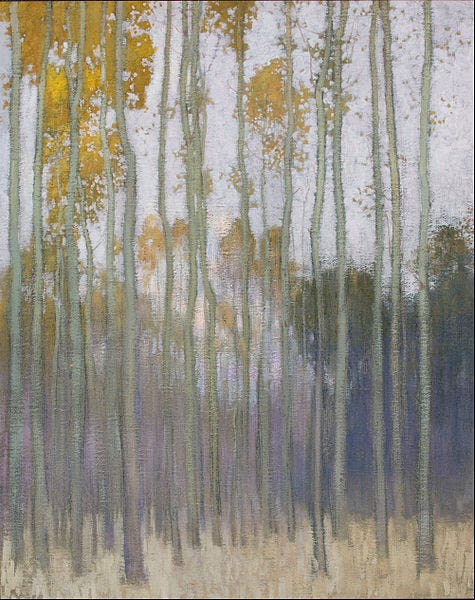Today’s Poem: The Road Not Taken
Robert Frost exhorts a friend to clear his mind and save his life

Keep reading with a 7-day free trial
Subscribe to Poems Ancient and Modern to keep reading this post and get 7 days of free access to the full post archives.



